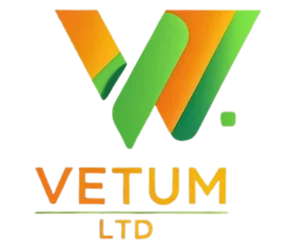Complying with Nigeria’s LPG regulations is essential—for safety, legal operation, and customer trust.
Regulatory Bodies & Framework
- The Nigerian Upstream Petroleum Regulatory Commission (NUPRC), formerly DPR, oversees licensing, safety, and compliance in the fuel sector
- The Standards Organization of Nigeria (SON) enforces equipment standards and certification for LPG cylinders and accessories.
Licensing & Permits
- LPG suppliers, depots, and filling stations must be licensed by NUPRC.
- Cylinders and gas accessories must display SON certification marks.
Storage & Siting Regulations
- LPG tanks and cylinders must be sited with adequate separation from buildings and ignition sources.
- Tanks should never be installed within structures and must allow ventilation and emergency access.
Safety & Inspection Standards
- Regular inspection and maintenance schedules must be followed, including checks on cylinder collar dates, valves, regulators, and hoses.
- After‑market parts should meet SON standards and be procured through licensed distributors.
Enforcement & Penalties
- Non‑compliance may lead to fines, license revocation, or operational shutdown.
- Safety violations can result in legal liability in case of incidents or accidents.
Conclusion
Understanding and adhering to Nigeria’s LPG regulatory standards ensures safe operation, builds customer confidence, and protects businesses from legal risks while fostering a compliant energy ecosystem.

